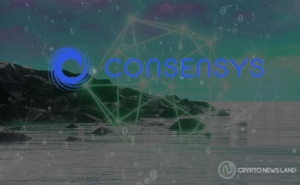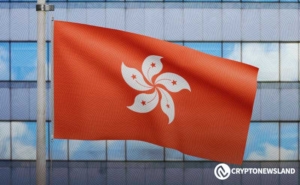Can you receive a Polymarket airdrop by using AI agents to execute end-of-day strategies?
Chainfeeds Guide:
The issuance of Polymarket tokens has become a certainty, and how to efficiently farm airdrops has become a focus of the market.
Source:
Author:
Odaily
Opinion:
Odaily: According to other sources, Polymarket will reopen to US users before the end of November and will issue tokens in 2026. This means that the window for users to interact with Polymarket is at most 3-4 months left. Although there are rumors that Polymarket has already conducted several rounds of snapshots, it is not too late to start interacting now. According to Dune data, over 90% of users place bets of less than $100, and whales betting $5,000 - $10,000 account for only 0.4%. Therefore, although Polymarket appears to have a huge user base and strategies and tutorials for farming Polymarket are everywhere, the number of people who actually put in the effort may not be large. If you bet more than $500, you can easily rank in the top 10%. In order not to lose all your principal during Polymarket interactions (statistics show that over 85% of Polymarket accounts are in negative balance), there are currently three main nearly lossless Polymarket farming strategies. The first is for users to find a prediction event with poor liquidity and use two wallets to trade back and forth. The second is tail-end trading, which means only trading on events where the probability of the outcome is already over 95%. The third is to capture arbitrage opportunities in multi-option markets where the sum of probabilities is less than 100%. However, all three strategies require a lot of time and effort to execute. Finding prediction events that meet the strategy criteria already takes time, and even after finding suitable events, you still need to spend energy on mechanical trading. This is why, even with confirmed token issuance and sufficient strategies, Polymarket interactions still do not appear to be highly competitive. Ordinary players find it difficult to persist in continuous interaction, and these nearly risk-free opportunities are gradually being monopolized by professional bots. Our main purpose in using AI agents to execute Polymarket tail-end strategies is to conduct lossless Polymarket interactions to obtain airdrops while saving as much time and effort as possible. However, if Polymarket interactions conducted by AI agents do not qualify for airdrops, it would be putting the cart before the horse. The Polymarket platform uses a built-in custodial wallet model. Users log in via wallet, email, etc., and the platform automatically generates a wallet associated with this login. Users need to deposit into this built-in wallet to trade and cannot export the private key. Therefore, even if Polymarket conducts airdrop snapshots, it is most likely based on the built-in wallet data. However, when AI agents execute Polymarket tail-end strategies, they do not use the user's wallet to create a Polymarket account. Users can verify this by exporting the UnifAI wallet private key and logging into Polymarket themselves. This has led the community to speculate that the UnifAI agent uses a large fund model and does not operate user wallet funds individually. However, according to UnifAI community managers, the UnifAI Polymarket tail-end strategy agent directly uses the user's wallet to place bets. The reason users cannot see the interaction when logging into the Polymarket website themselves is that "any third-party Polymarket account, from Telegram Bot to third-party market makers, interacts directly with the wallet, rather than using the Polymarket built-in wallet generated for that address."
Source of ContentDisclaimer: The content of this article solely reflects the author's opinion and does not represent the platform in any capacity. This article is not intended to serve as a reference for making investment decisions.
You may also like
KRWQ Emerges as a Pioneer in Stablecoin Innovation
In Brief IQ and Frax launched KRWQ, a stablecoin pegged to the South Korean won. The multi-blockchain KRWQ aims to fill gaps in the current stablecoin market. South Korea's regulatory stance still prevents local access to KRWQ.

Fight Fight Fight LLC in Talks to Acquire Republic’s U.S. Unit as TRUMP Token Targets Startup Funding Push

Consensys Advances IPO Plans With JPMorgan and Goldman Sachs Amid Crypto Market Shift

Hong Kong Regulators Block Multiple Listed Firms From Shifting Toward Digital Asset Treasury Business Models


